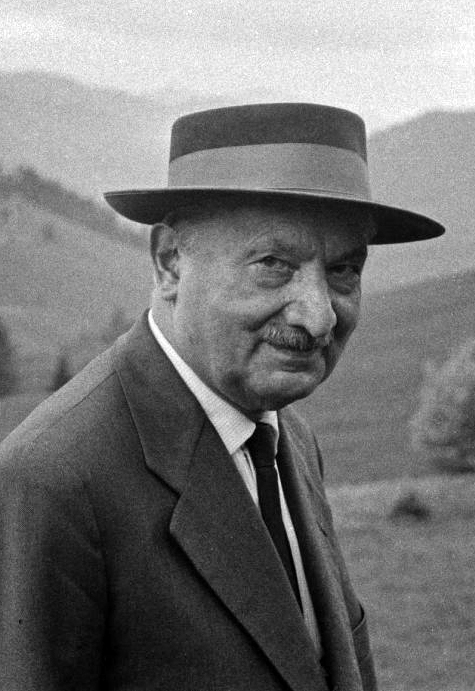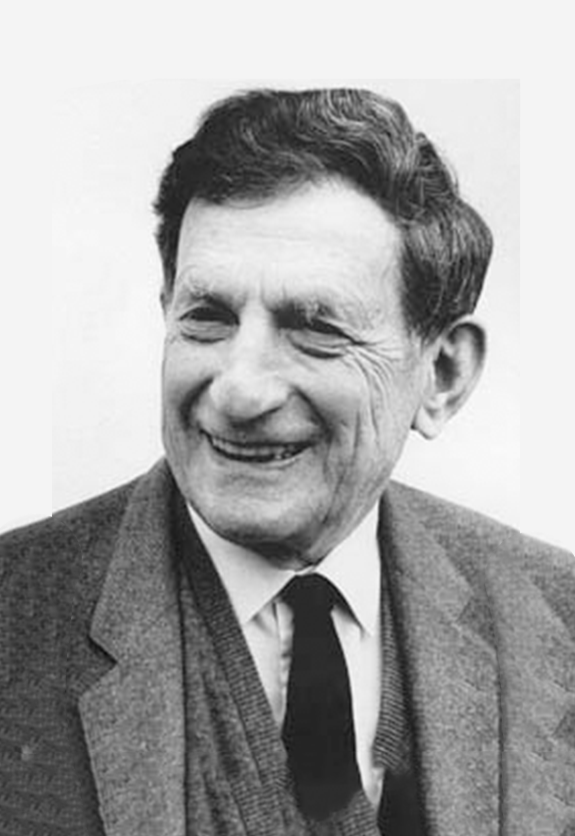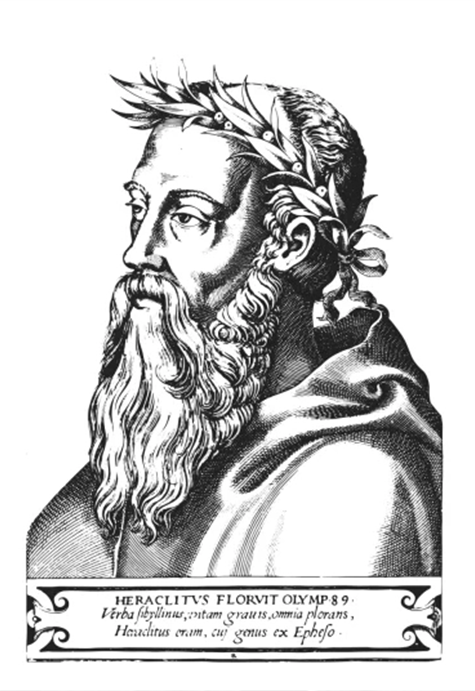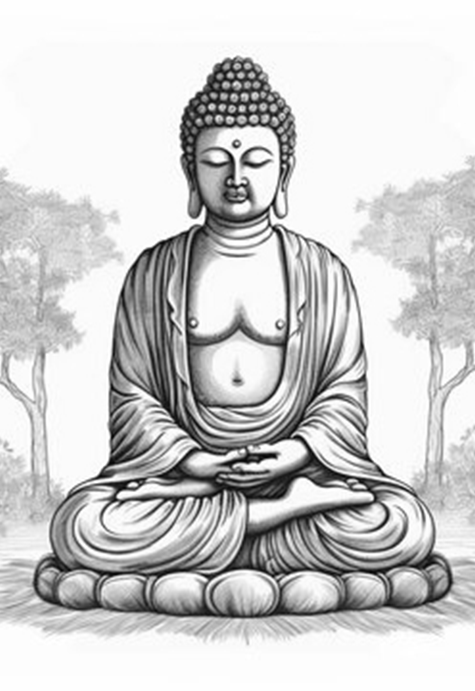
Martin Heidegger

David Bohm

Heraclitus

Buddha
THE BOOK IS FINISHED
THINKING IS NOT
The “Why” of this website:
Although I finished writing the book A Refreshing and Rethinking Retrieval of Greek Thinking (University of Toronto Press, 2024), the thinking there is not finished.
My thinking continues. I might say that the “thinking” that is central to the book will never be finished.
This website “continues” the thinking.
My inspiration is to use this form of communication to “continue,” in order to share new or additional experiences, thinkings – thinking awareness as experience.
The words and word-images that appear here are meant as invitations and challenges, not as completed “stuff.” Thus each entry is “Just to put it out there”!
The “Big Questions” in front of us:
Following where the book “stops,” the key areas for further thinking are:
a. The necessary and unavoidable move from Ereignis to Eignis/eignen in Heidegger’s thinking. (See Entry #1)
b. The nondual dynamic of radiant emptiness in its no-form or formlessness. How difficult it is to go there. It is hidden in itself, hidden from us, invisible no-form emptiness. (See Entry #2)
c. In terms of “time,” the nondual dynamic of radiant emptiness in its timelessness. That is, the dynamic is beyond time as we know it or can measure it.
d. In terms of the nondual dynamic of radiant emptiness, how timeless and formless awareness takes us beyond the “anthropic principle” and the concept of “intelligent design.”
e. Revisiting awareness in its all-encompassing dynamic.
f. Given the openings that I try to show in the book, more on how we humans can experience this formless, timeless dynamic.
g. In a book such as this one, both the way of saying (languaging) and the writing style are unique to the project. What kind of writer does it call for? (See Entry #3)
As the work of the book continues, the first entries will have these seven areas in mind.
Note that the openings from within my book include buddha mind, dao, the field of energy of quantum potential, Heidegger’s beyng/Ereignis (and now Eignis-eignen!) – and above all the thinking and sayings of the early Greek thinkers (primarily Heraclitus, Parmenides – and then Thales, Anaxagoras, Anaximander and Anaximenes).
© Copyright 2024 Kenneth Maly
All rights reserved.
